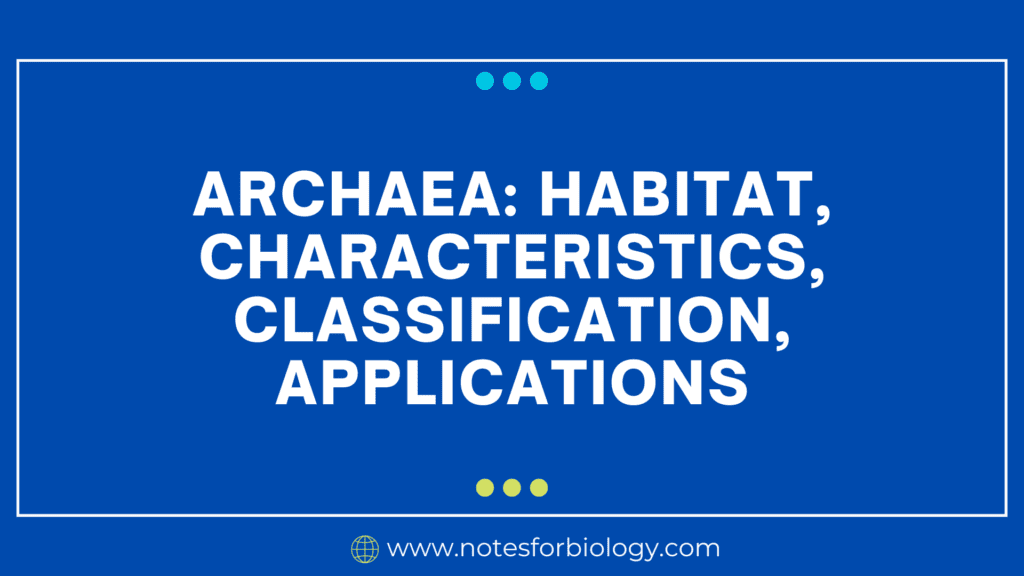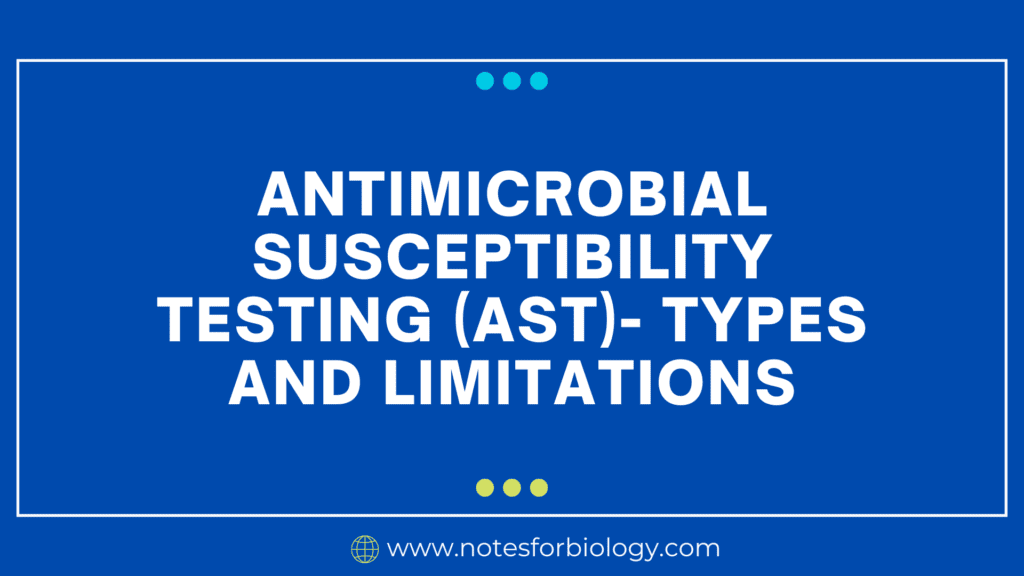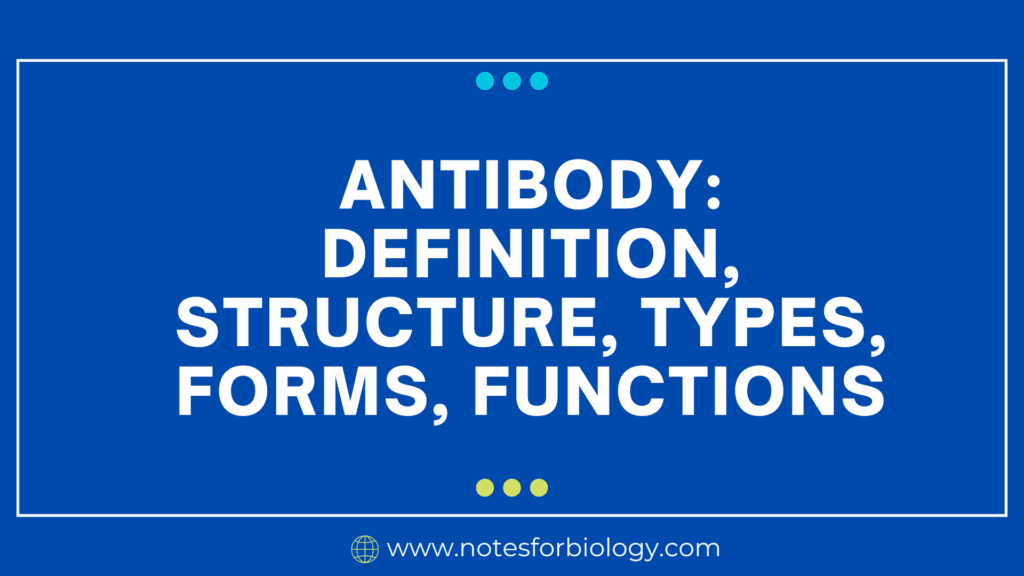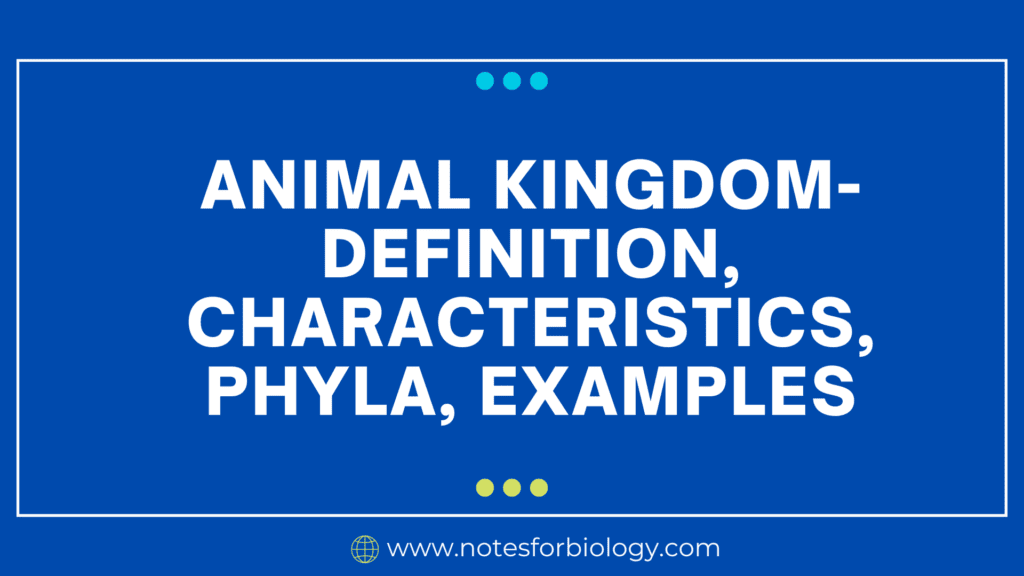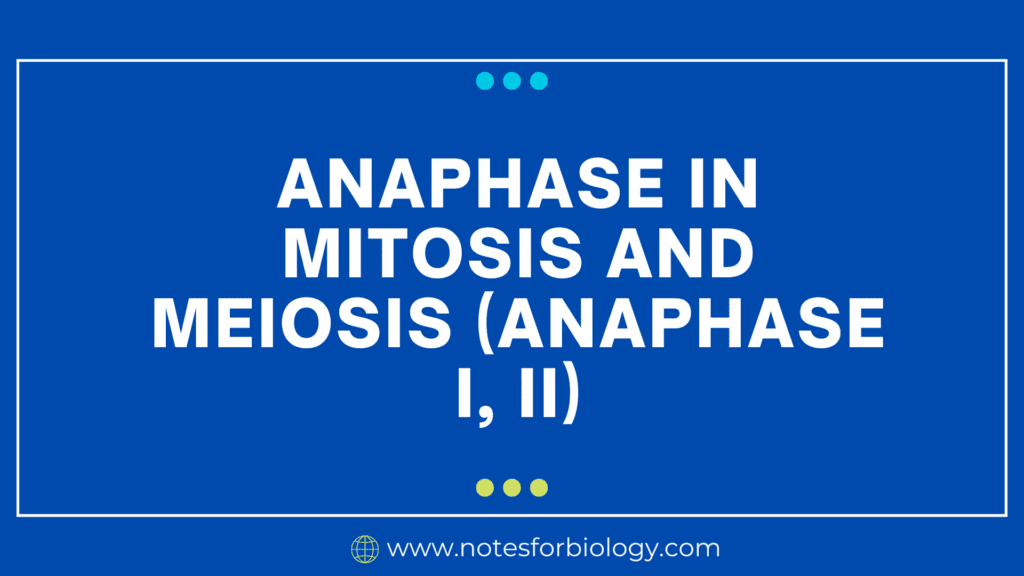Bacterial Growth and Factors Affecting Growth of Bacteria
Bacterial Growth refers to the increase in the number of bacterial cells in a population. This process occurs through binary fission, where a single bacterial cell divides into two genetically identical daughter cells. Bacterial Growth is not about the enlargement of individual cells but rather about the reproduction and increase in the cell population. Rather […]
Bacterial Growth and Factors Affecting Growth of Bacteria Read More »






